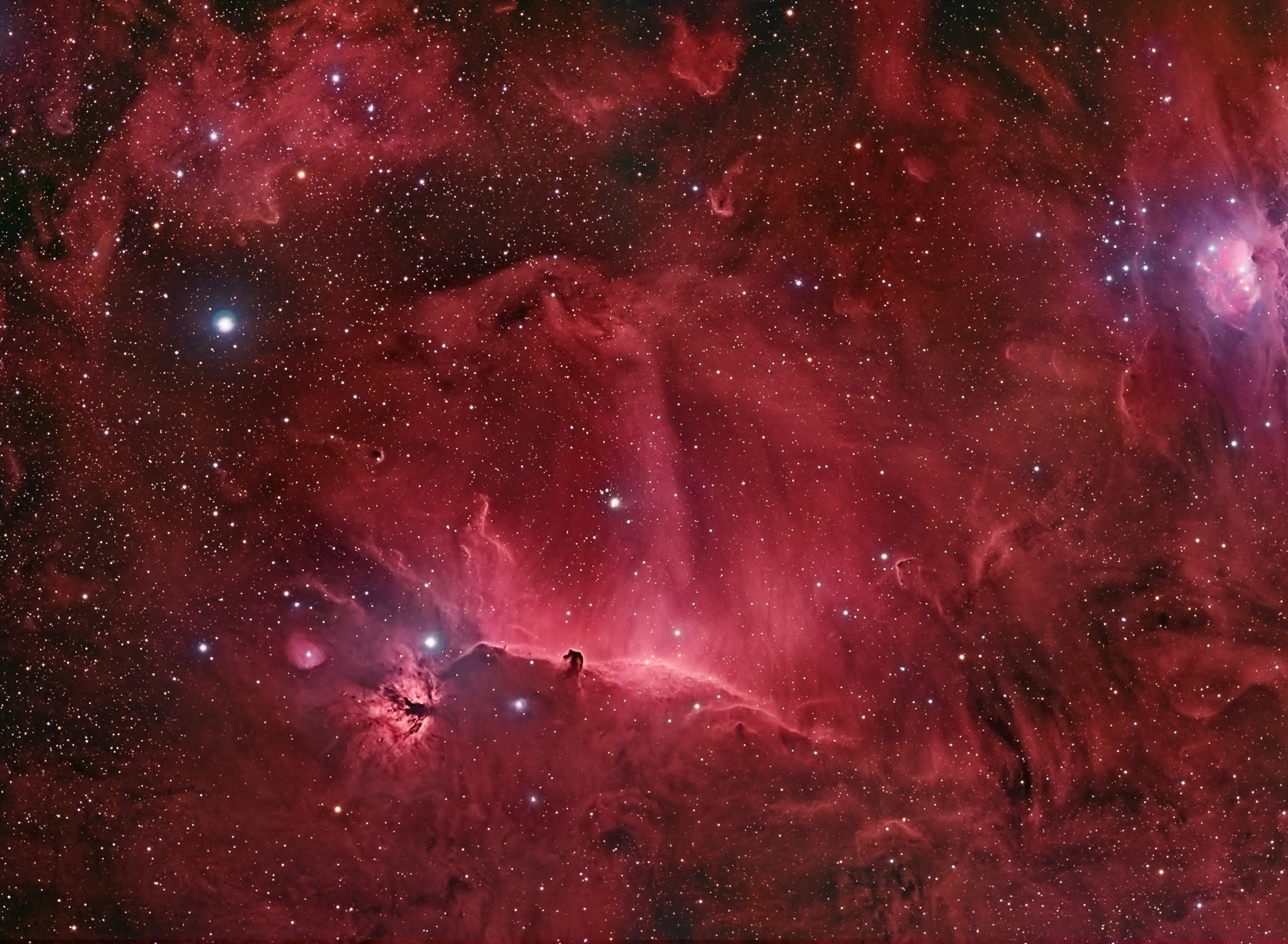As we approach the Autumnal Equinox the days are rapidly getting shorter. Most people can sense the change because of the earlier onset of darkness. Today sunset is at 7:20 pm and a short while later you can spot Jupiter not far from the point of sunset in the west. In one week sunset will be ten minutes earlier. The first official day of Fall is September 22nd, the date when the Sun rises due east and sets due west.
From a south-west facing view the evening sky is very impressive. As mentioned, Jupiter is visible not long after sunset and by 8:00 pm other stars begin to appear. If you have a clear south-west view you can enjoy a few late-Summer celestial wonders. Jupiter is by far the brightest object in the evening sky and is easy to spot low in the south-west after sunset. Looking further south (to the left) from Jupiter you will spot a bright orange-colored star. This is Antares, a red giant star at the heart of the constellation Scorpius. The constellation is quite large and has a number of bright stars. Just to the left of Scorpius is Sagittarius, something I visualize as a big teapot in the sky. These constellations are low in the south in Fall and will soon disappear into the sunset glare as the Sun "moves" into these constellations. That is why people born in November and December have these zodiac signs.
During the summer you might have heard the news that Pluto has been demoted from "planet" status to "dwarf planet" status. Although this is sad news for most everyone, I am not so troubled. By taking Pluto out of the planetary line-up, the Solar System is now made up of 8 planets which group nicely into two groups: (a) the 4 inner planets which are smaller in size and have rocky surfaces, and (b) the 4 outer giant planets which are made up of gas rather than having solid surfaces. Also, Pluto is so far it is extremely difficult to see from earth even with a large telescope. I have never even tried to locate it on my own because it is so dim and small it would not look like anything more than a faint speck of light. Nonetheless, it will remain important because it played a role in our understanding of the Solar System and I think it will still be celebrated at museums and planetariums for years to come.
Subscribe to:
Post Comments (Atom)





No comments:
Post a Comment